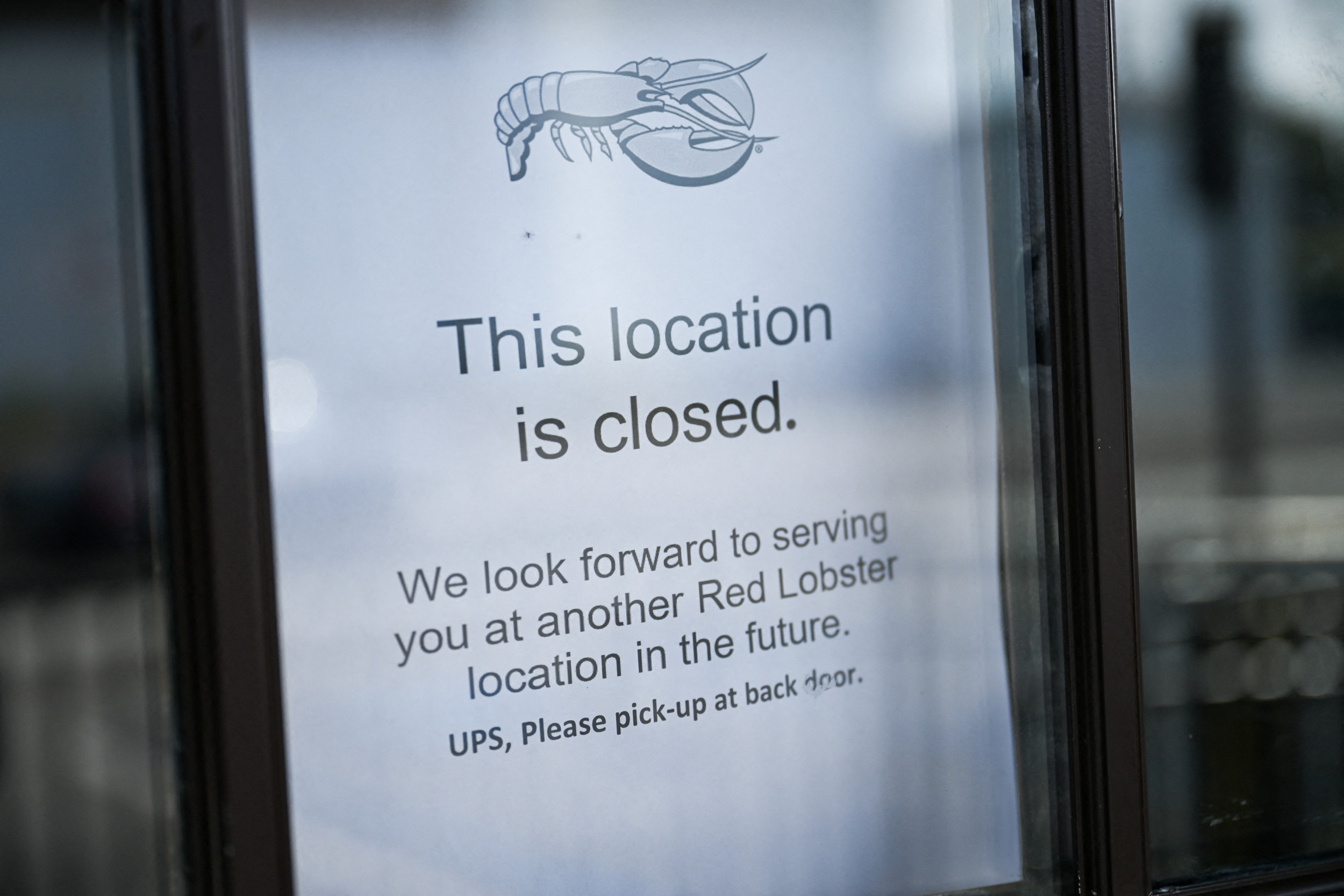Twenty-three percent of Americans would support the state they live in seceding from the United States and becoming an independent country, according to a new survey of 35,000 U.S. adults conducted by YouGov.
The poll found sharp divides in support for independence by state, from 36 percent in Alaska and 31 percent in Texas to just 13 percent for Minnesota. In general, it was the larger and/or more populated states that were the most likely to support secession, along with those possessing a particularly strong regional identity.
The idea of states leaving the American union has attracted substantial attention in recent months amid near unprecedented tensions between Democrats and Republicans, which surged following the 2020 presidential election. In February 2023, House Republican Marjorie Taylor Greene of Georgia sparked controversy and debate by calling for a "national divorce" between "red states and blue states."
The YouGov survey found that 23 percent of adults want their state to become independent, with 51 percent opposed and 27 percent unsure. The poll was conducted between February 2 and 5.

After Alaska and Texas the state most inclined toward secession was California, where it was backed by 29 percent of the adult population.
That was followed by New York and Oklahoma, each at 28 percent, then Nebraska, West Virginia and Georgia which each had 25 percent support for independence. In Florida, Indiana, Montana and Washington, 24 percent of the population would back secession.
Following Minnesota the most pro-Union states were Ohio, Massachusetts and Rhode Island, which each had just 14 percent of the adult population backing independence. These were followed by New Hampshire, Michigan, Wisconsin and Maryland with 15 percent each, then New Jersey, Missouri, Iowa and Utah at 16 percent.
Results for Wyoming, Vermont, North Dakota and South Dakota and the District of Columbia were excluded as they received less than 100 responses each, which YouGov judged too low to be of use.
On a national level, there was a noticeable difference between self-identifying Republicans and Democrats in support for their state leaving the Union, with support from 29 percent of Republicans and 21 percent of Democrats. By contrast, 60 percent of Democrats said they would oppose their state becoming independent along with 46 percent of Republicans.
Among U.S. adults, 26 percent believe the Constitution gives states "a right to secede," with 35 percent disagreeing and 39 percent unsure. Among Republicans, support for the statement rises to 33 percent while it falls to 26 percent for Democrats.
In December, the pro-independence Texas Nationalist Movement handed a nearly 140,000-strong petition to the state's Republican party, calling for a referendum on secession, though it was rejected by the GOP, which concluded that many of the signatures were invalid.
A Redfield & Wilton Strategies poll of 814 eligible Texan voters, conducted between February 1 and 3 for Newsweek, found that 23 percent would vote for independence if asked "should Texas be a state within the United States or should Texas be an independent country?" with 67 percent actively opposed.

"In independence referendums, you often see that those who want to secede win over the campaign," Matt Qvortrup, a political scientist who specializes in independence movements and wrote I Want to Break Free: A Practical Guide to Making a New Country, told Newsweek. In Scotland, the SNP (the Scottish National Party) came from 29 percent at the beginning of the campaign and ended at 45 percent.
"In Catalonia, Quebec, and in Scotland, support for independence was in the 20s when the issue was first discussed. This has in all cases moved within touching distance of independence."
Separately a Republican representative in New Hampshire introduced a bill to the state Legislature calling on the state to declare independence if U.S. national debt exceeds $40 trillion, with it currently standing at $34 trillion.
Uncommon Knowledge
Newsweek is committed to challenging conventional wisdom and finding connections in the search for common ground.
Newsweek is committed to challenging conventional wisdom and finding connections in the search for common ground.
fairness meter
To Rate This Article
About the writer
James Bickerton is a Newsweek U.S. News reporter based in London, U.K. His focus is covering U.S. politics and world ... Read more
To read how Newsweek uses AI as a newsroom tool, Click here.





